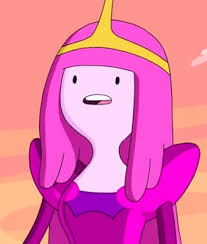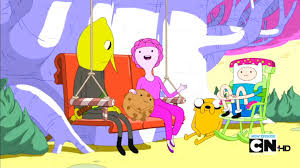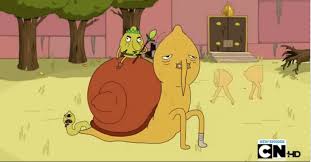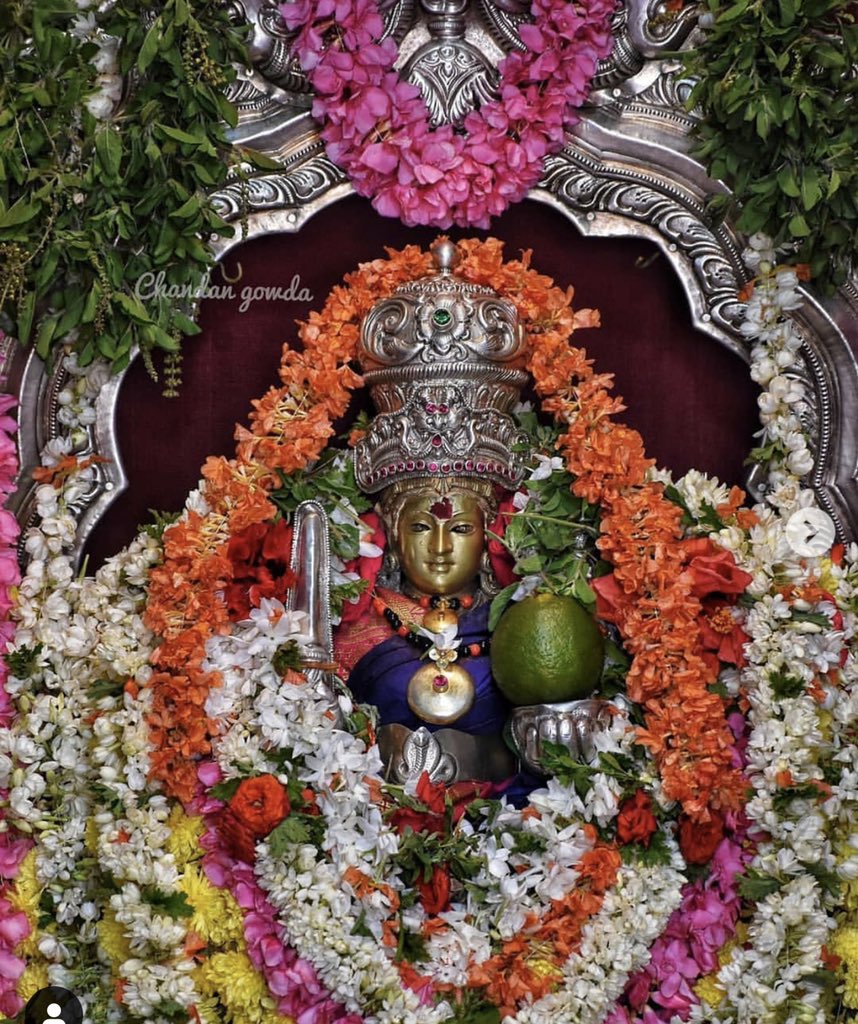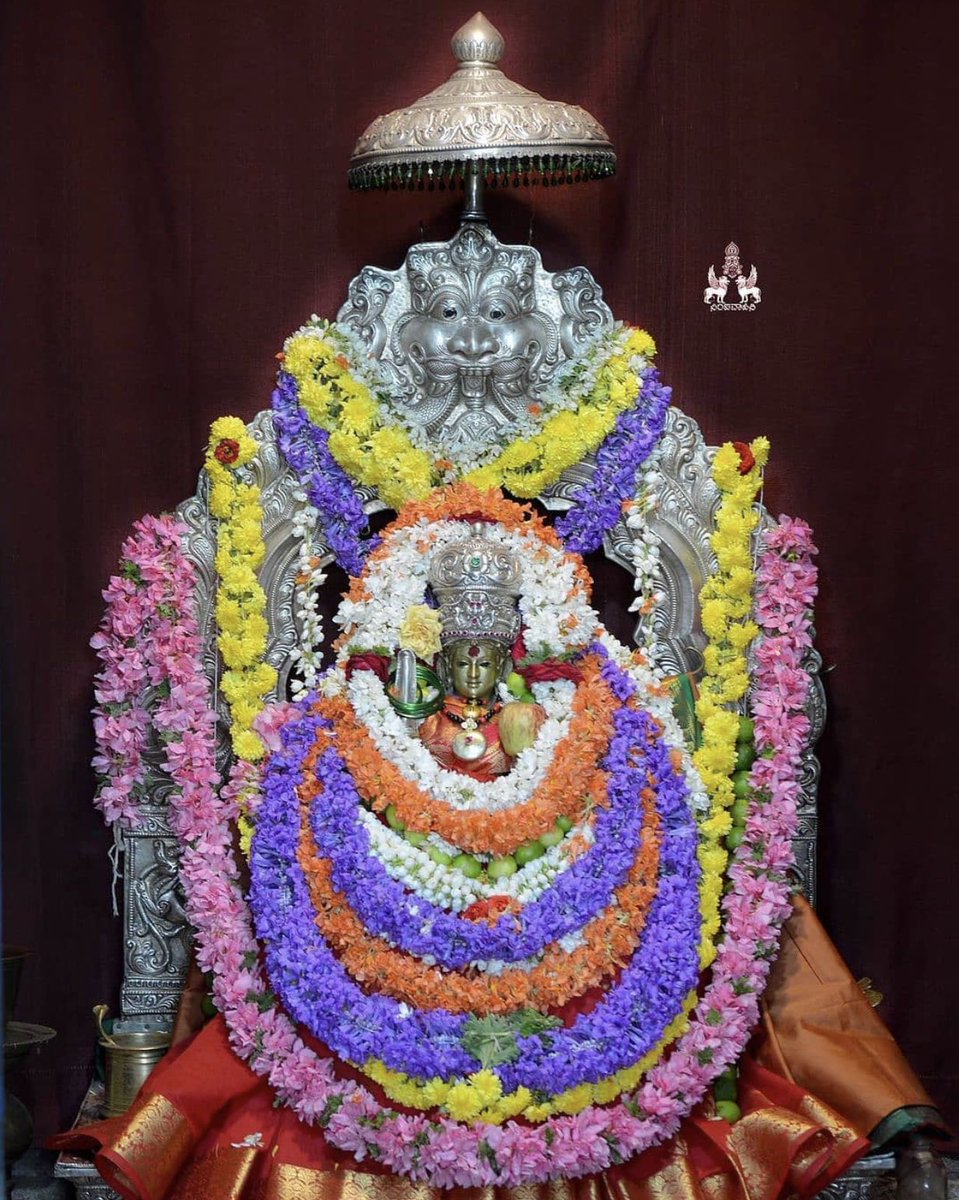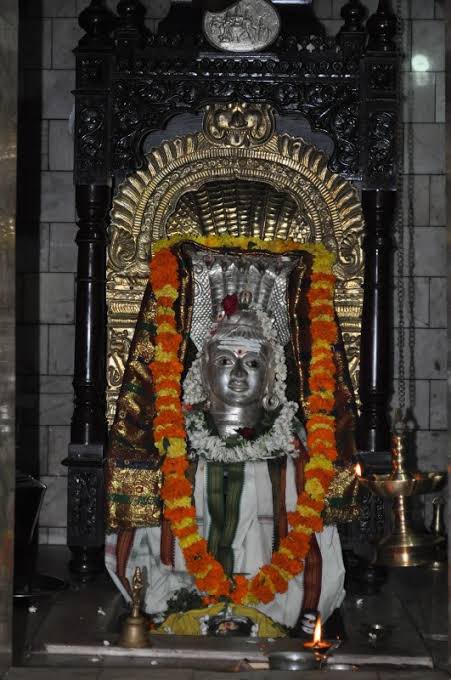(even as I and others on my TL gave concrete, real life examples and some Igbo daughters have successfully brought cases contesting the law before civil court).
One ill-informed young man stated that I had to “malign Igbo culture” so that “white people” would give me money. LOL. I understand that we don’t like to see the worst of ourselves reflected back to us but how do we progress if we refuse to confront it?
We can’t pretend that we are perfect, our traditions are perfect, our lives are perfect; we can’t create false narratives in the face of overwhelming evidence disputing those narratives;
we can’t go through life with our head perpetually buried in the sand because that isn’t a sustainable posture to hold. Sand go enter your nose and choke you, abi?
Moreover, it is difficult to engage head-in-the-sand-buriers in conversation because every orifice of theirs ,except the one that is stuck out, is clogged and that isn’t the part of the body you want to be talking to (at?) anyway.
So those who fall into this category, let me save you the bother of reading further. This isn’t for you. Go do something else with your time, like maybe trying to release your head from the sand it’s buried in before it’s too late.
There were other Ndi Igbo on my TL who agreed that yes, this tradition exists (because of course it does) but no, it isn’t unfair or bad or cruel because it is tradition and we are Igbo not white people and we have always done things this way
and our ancestors in their great wisdom made it so “And why don’t you go back to your village and ask why things are done the way they are done?” Another LOL. If there’s anything I can claim reasonable knowledge of, it is (my) Igbo culture and traditions,
so the assumption that I somehow have no idea of what I am talking about is ridiculous ( and I shan’t even get into the implied sexism of it) , as is the assumption that what I don’t know, I would not bother to find out. I teach and write for a living, folks.
Teachers and writers are the most curious people I know. Asking questions is our “long life and prosperity.” As for our ancestors and their “great wisdom,” let me just remind us that our ancestors were not infallible. They made mistakes like humans do (because we are all flawed)
Their “great wisdom” did not preclude them from making laws that privileged them (men) and it certainly did not grant them the ability to make laws that would never become obsolete.
When everyone lived in their villages and first sons took on the responsibility of looking after the family once the father died, the rule of primogeniture might have made sense.
The ngwulunnanyi went to the first son who was inheriting not just the compound but every responsibility and obligation that belonged to his father.
There were ways to ensure that he lived up to his obligations, that he did not abdicate his duty to his father’s widow(s) or to his own siblings, including his sisters.
In communities where the other sons also got part of the inheritance, it was done in order of seniority, obulu na osolu, for the same reason. Transferring this law to the 21st century, disinheriting daughters and defending it because our ancestors did,makes absolutely no sense
As for those who fall into the group of “touch not our tradition,” let me remind you that no tradition is sacrosanct. No tradition is air without which we cannot live. Ndi Igbo are not averse to interrogating traditions and adapting/doing away with the ones that are cruel.
We did it with the killing of twins. Female circumcision is no longer the norm. The osu caste system, even in communities that still, shamefully hold on to it, is on its last legs.
Many Igbo communities no longer demand that widows shave their heads or wear black for an entire year. In my mother’s Lokpanta community, widows were required in the past to eat only bland food. Worse, they had to eat the tasteless stuff with sticks.
Whatever fell off the stick belonged to their dead husbands. Kai! Widowers were never subjected to such deliberate cruelty ooo.
In some parts of Ala Igbo, when husbands died unnatural deaths, their widows were made to drink the water the corpse was bathed in to prove their innocence. If they died, they were guilty and justice was believed to have been served. We’d balk at this now but it was tradition.
So no, not all tradition is good. Not all tradition is fair. Not all tradition is wise.
Many of those who want to die on the hill of “it’s tradition so leave it alone” probably identify as Christians and have no problem with disregarding any tradition that's at odds with their belief. If tradition is really immutable , then you cannot/mustn’t cherry pick.
Lastly, those who feel that discussing these things is somehow akin to “dragging Igbo culture in public,” ought to recognise that Igbo culture is more than its bad parts.
So while we celebrate the good, we must also call out the bad (loudly sef!) and demand change for all of our sakes. To the Twitter user who sent me her mother’s thanks for “highlighting stories like ours,” it is always an honor to get notes like yours. Thank you.







